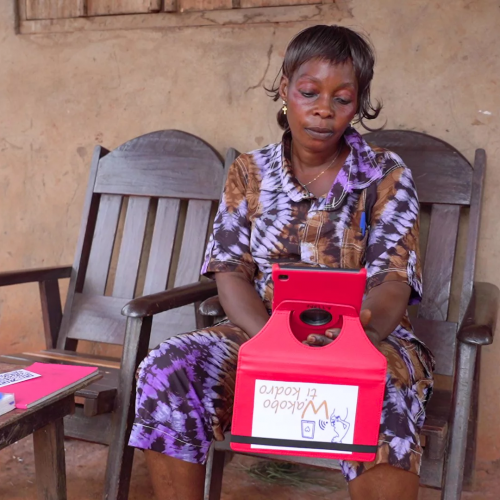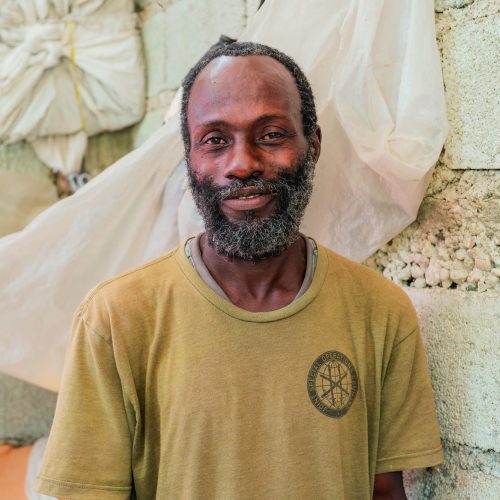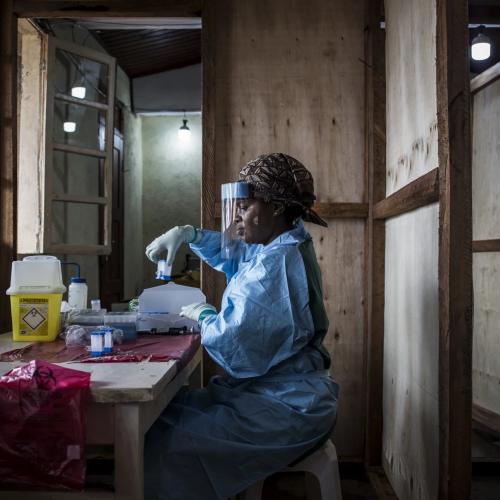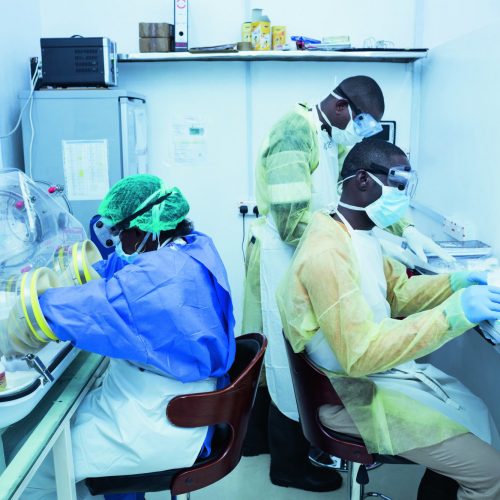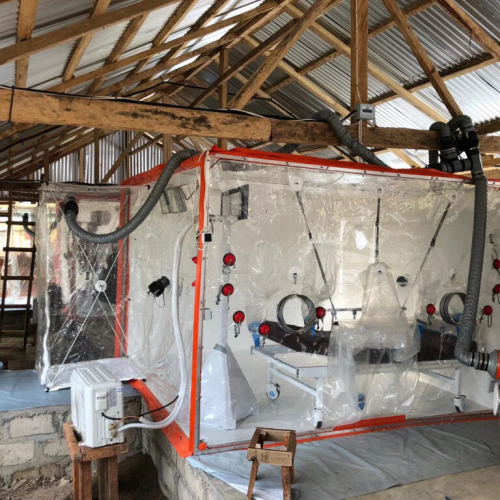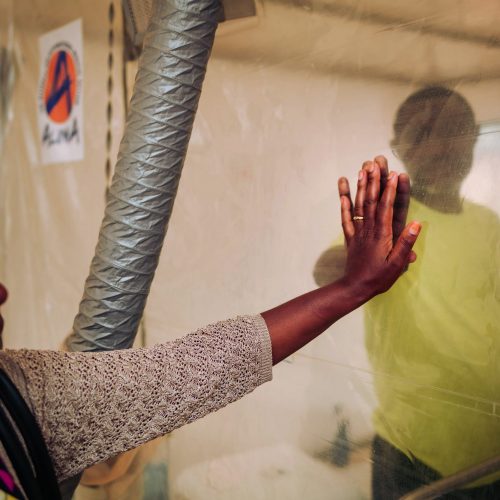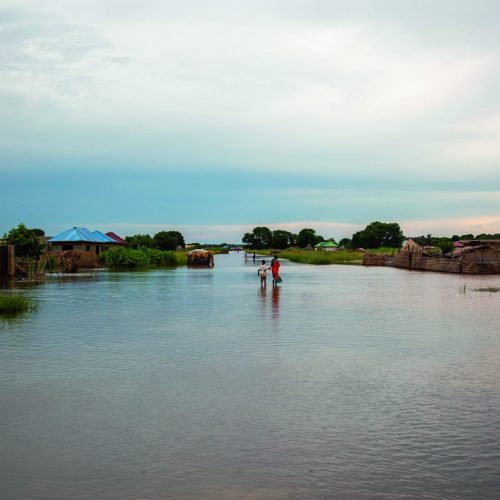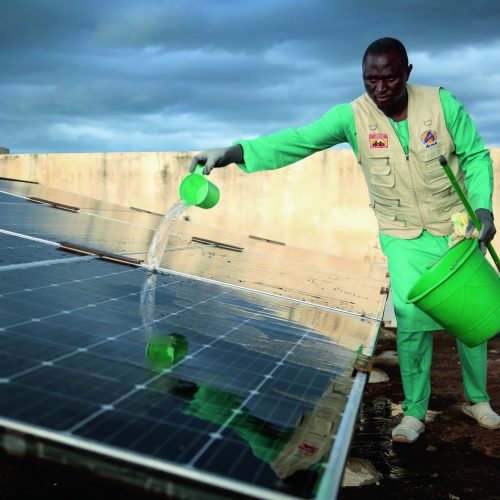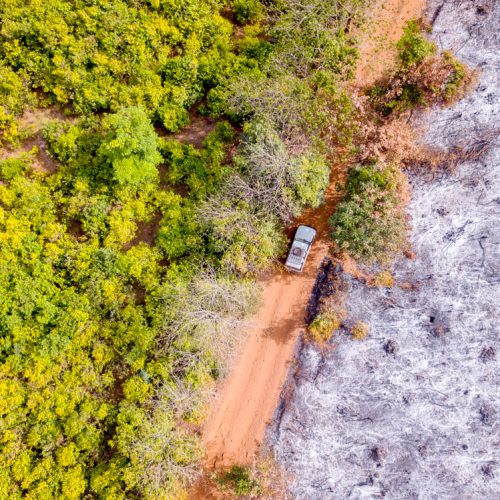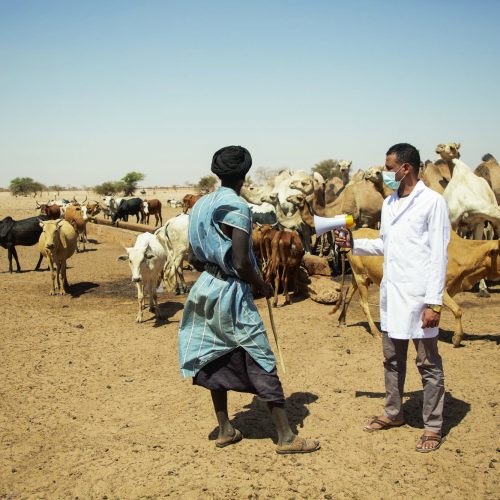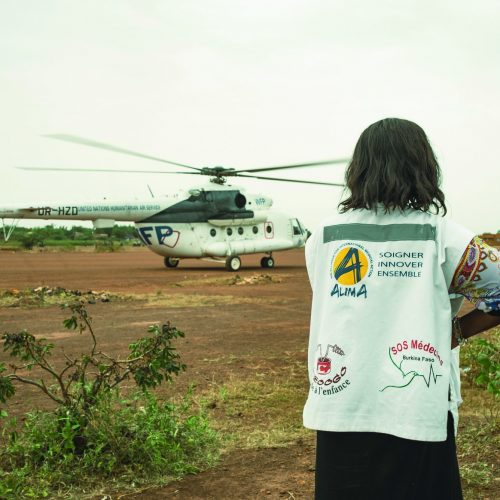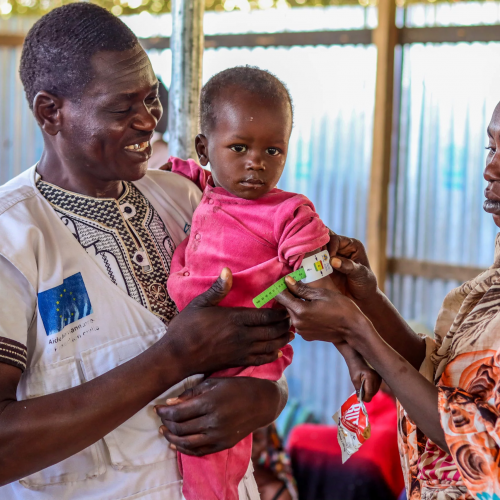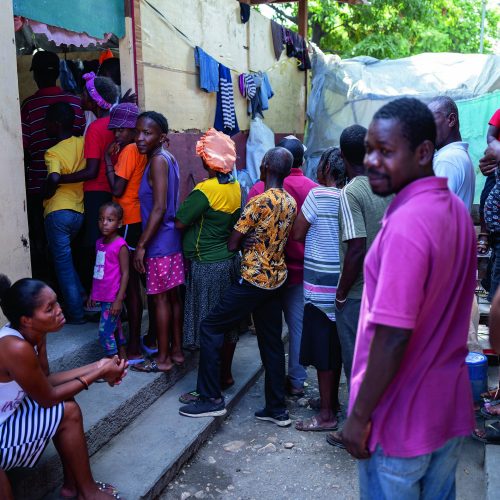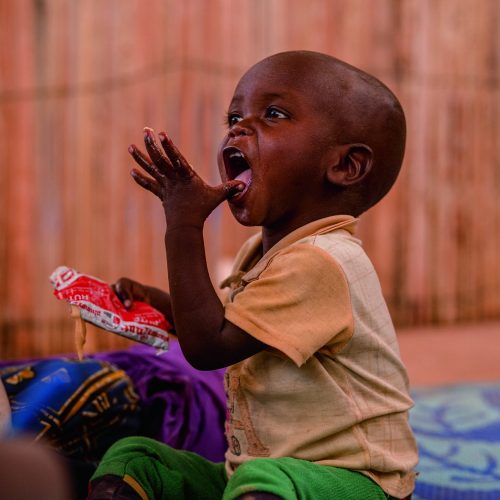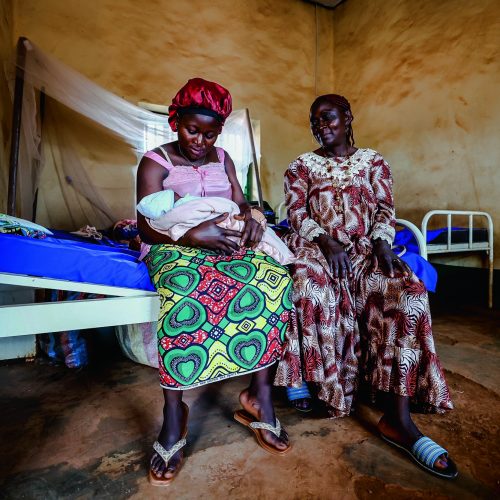Facing the second wave of COVID-19, countries in sub-Saharan Africa lack resources and vaccines
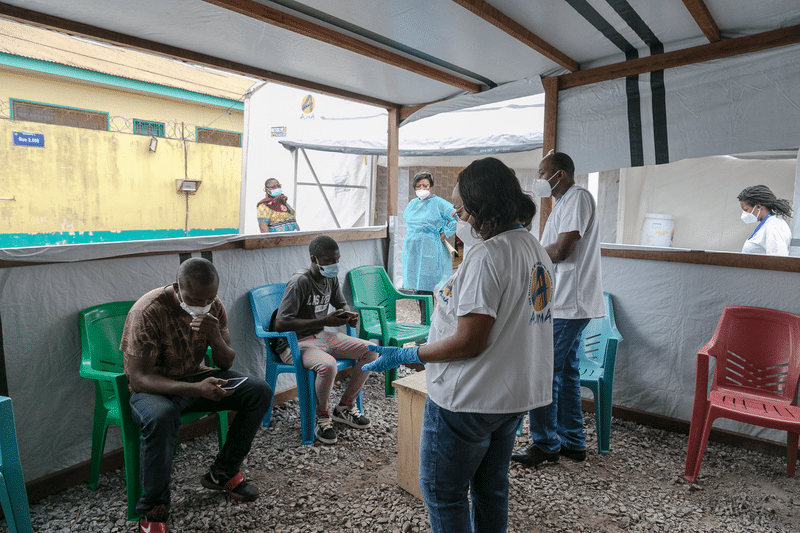
“ALIMA is calling for equitable access to vaccines as soon as possible,” says Dr. Moumouni Kinda, ALIMA’s Director of Operations. “It is necessary to work to ensure that Africa has access to safe and quality vaccines following a strategy adapted to the African context, in terms of accessibility – cost, storage temperature – and targeting of people to be vaccinated, initially limited to those most vulnerable to COVID-19.”
Faced with the climate emergency, the medical NGO ALIMA commits
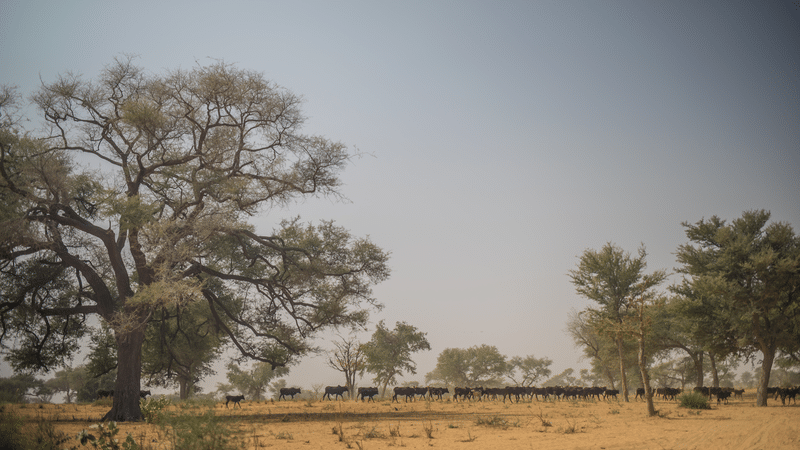
“Climate change will have a massive impact on humanitarian needs in the areas where we work, but it will also force us to rethink the way we operate,” says Dr. Moumouni Kinda, Director of Operations at ALIMA. “We must therefore adopt good practices now to be a responsible actor.”
Statement of Commitment on Climate by Humanitarian Organisations
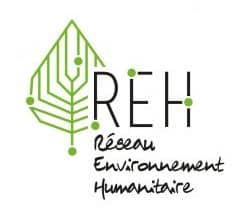
The actions of solidarity organizations, crucial as they may be, can nevertheless generate environmental and climate impacts. Therefore, for the humanitarian sector, taking these issues into account is a question of overall coherence of action, exemplarity and respect for the principle of “do no harm”.
Fears of a double health crisis as the COVID-19 epidemic continues to accelerate in Africa
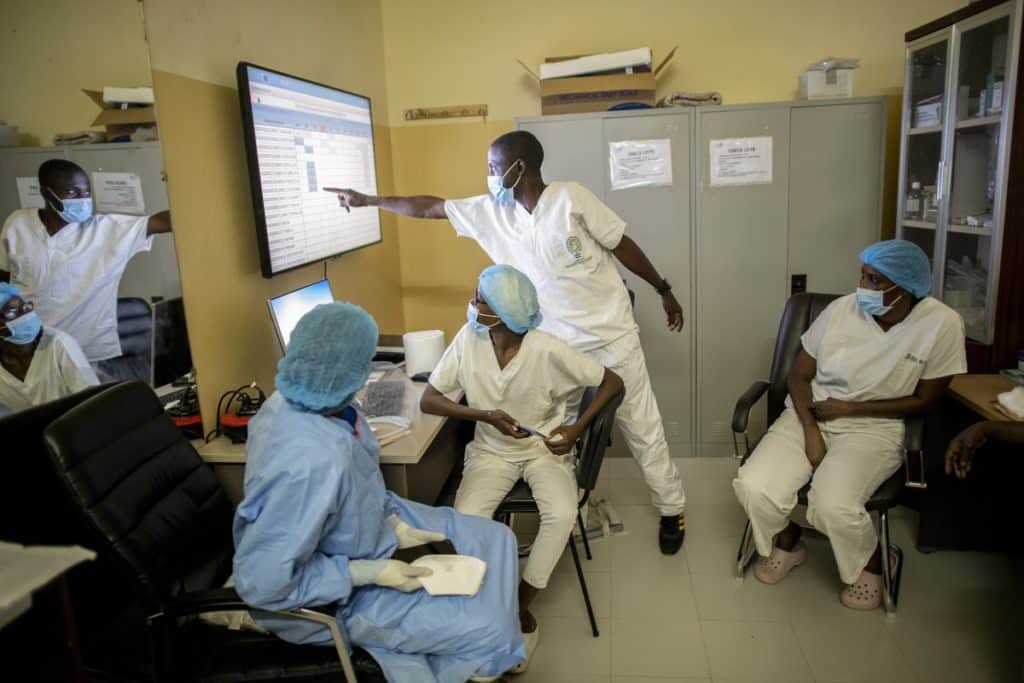
As the COVID-19 pandemic continues to impact Africa, the situation remains worrying, particularly in the most fragile countries.
ALIMA calls for the emergency deployment of staff, medicine and materials necessary for all humanitarian activities in Africa
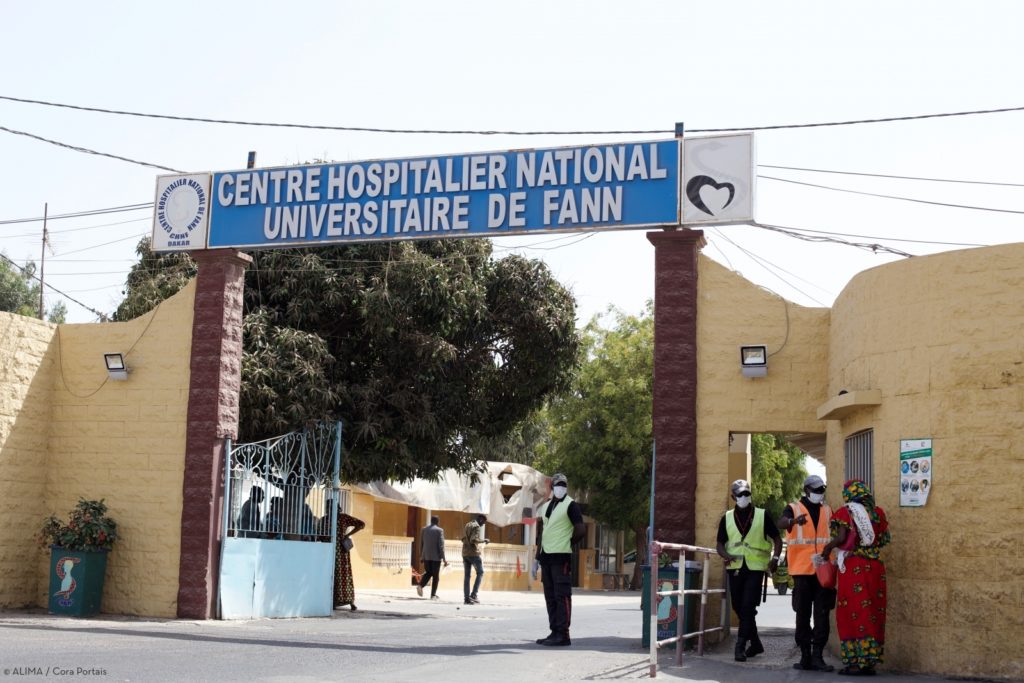
“It’s just a matter of days before the virus spreads further across the African continent. In sub-Saharan Africa, however, health systems are already very fragile. If the epidemic spreads to these regions, we can expect a much higher mortality rate than in the rest of the world,” says Augustin Augier, Executive Director of ALIMA.
Humanitarian crisis in the Sahel: ALIMA strengthens its Rapid Response Mechanism
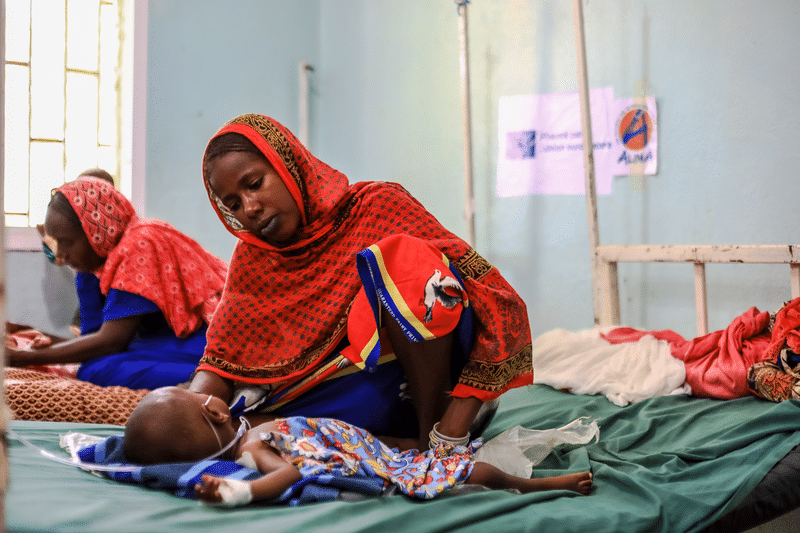
Large-scale population displacements, a proliferation of armed attacks and high levels of food insecurity have contributed to a humanitarian emergency in the ‘three-border zone’ of Burkina Faso, Mali and Niger. To meet the ever-increasing needs, ALIMA (The Alliance for International Medical Action) is strengthening its Rapid Response Mechanism (RRM), which aims to ensure access to medical and nutritional care for the most vulnerable people, within a context marked by a deterioration or withdrawal of essential public health facilities.
NIGERIA: Urgent support needed to respond to outbreak of Lassa fever
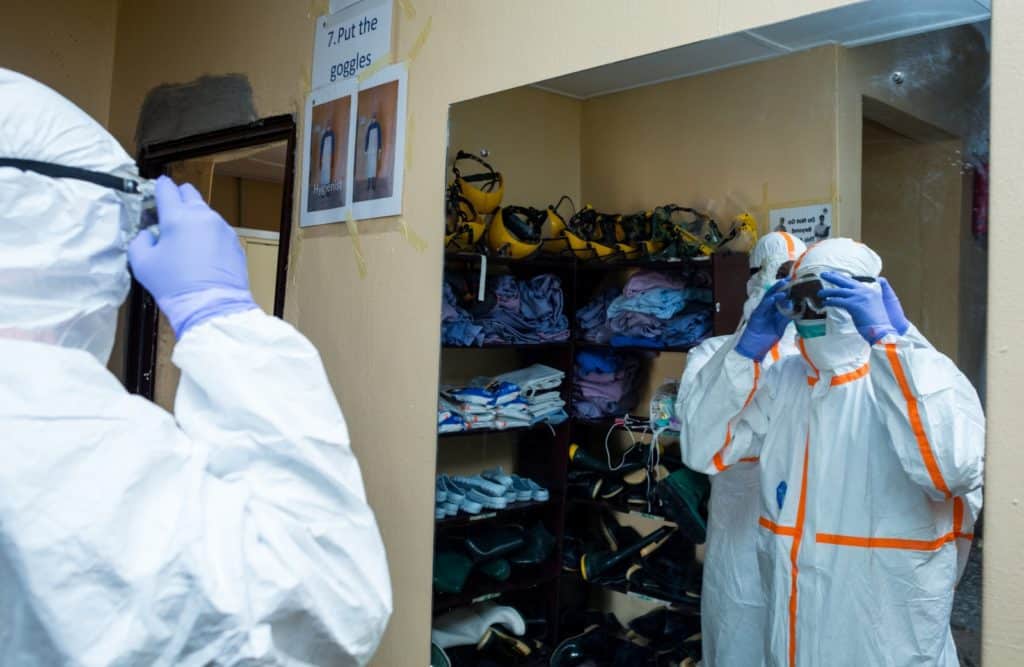
The medical NGO ALIMA (The Alliance for International Medical Action) is calling for urgent support, as the organization supports the care of patients affected by an outbreak of Lassa fever in southern Nigeria’s Ondo State. ALIMA has been working alongside Nigeria’s Centre for Disease Control (NCDC), as well as Federal and State health authorities, since the beginning of 2019 to provide treatment and reinforce local capacity, but will require additional funding to continue the response and save lives.
EBOLA RETURNS TO DRC: ALIMA LAUNCHES EMERGENCY RESPONSE
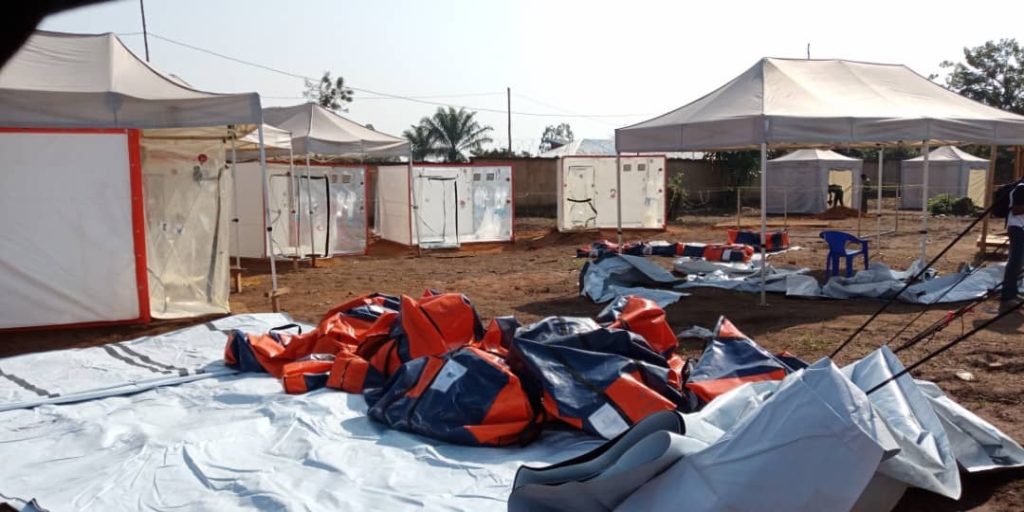
Dakar/Kinshasa – Following the declaration of the second outbreak of Ebola this year in the Democratic Republic of Congo (DRC), ALIMA (The Alliance for International Medical Action), in partnership with the Ministry of Health, World Health Organisation (WHO) and other actors, has launched an emergency response to begin treating patients as soon as possible in North Kivu Province, in the east of the country. The NGO, which responded to the most recent Ebola outbreak in Equateur province, now has an experienced team on the ground in North Kivu, to better support local populations, who have already been rendered vulnerable by ongoing conflict in the region.
ALIMA’s innovative approach to fighting malnutrition gaining momentum
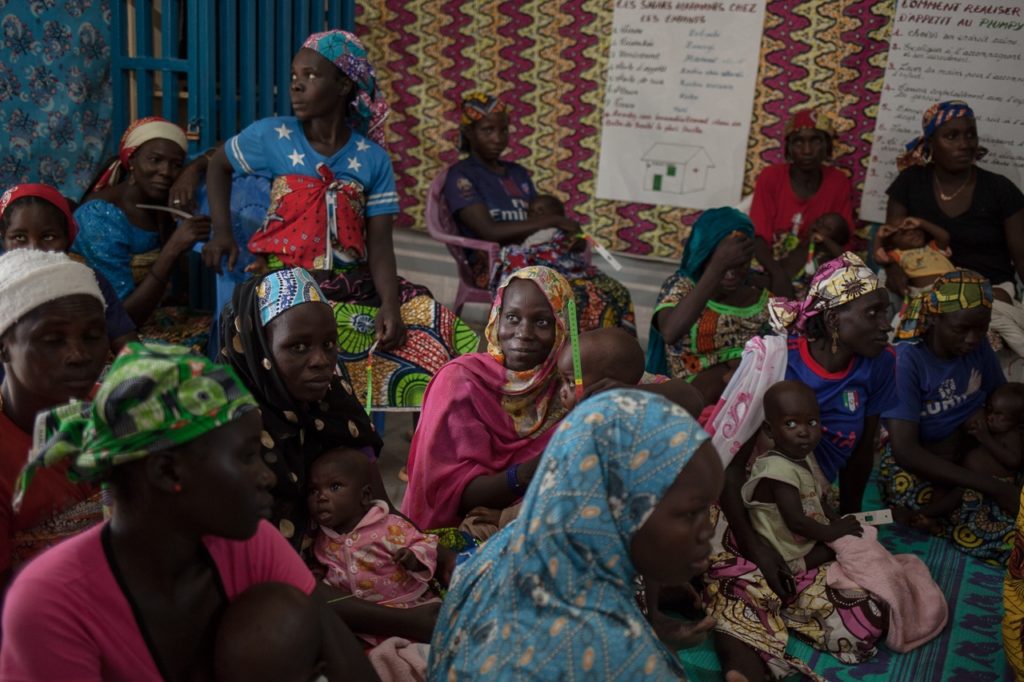
The number of mothers in the Sahel trained to screen their children for malnutrition should increase in 2018, following a recommendation by the European Commission’s Humanitarian Aid and Civil Protection department (ECHO) that all partner organisations teach mothers to regularly measure the mid-upper arm circumference of their children at home using a simple, tri-colored measuring tape, known as the MUAC.
Nigeria: ALIMA responds to cholera outbreak in Borno State
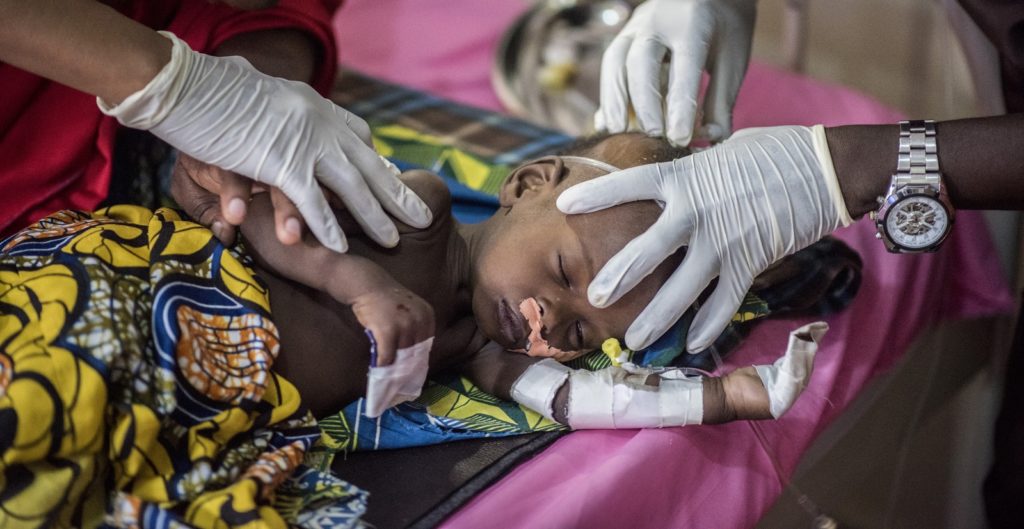
DAKAR, September 11, 2017 – ALIMA (The Alliance for International Medical Action) is supporting the Borno State Ministry of Health (SMoH) in northeastern Nigeria, to respond to an outbreak of cholera that began in a camp for internally displaced persons (IDPs) on the outskirts of the state capital, Maiduguri.
